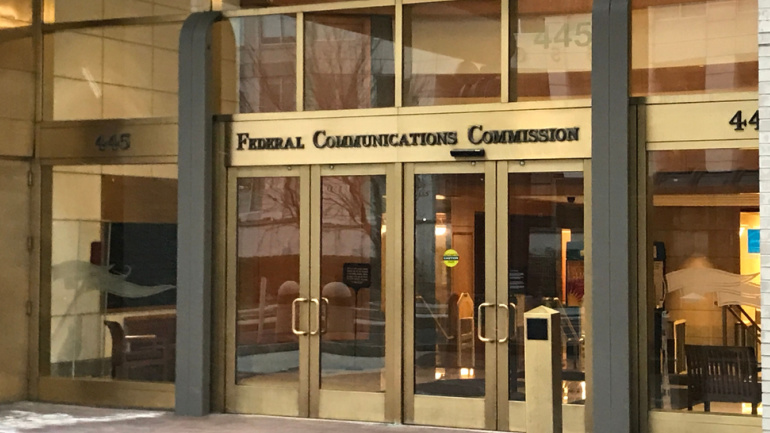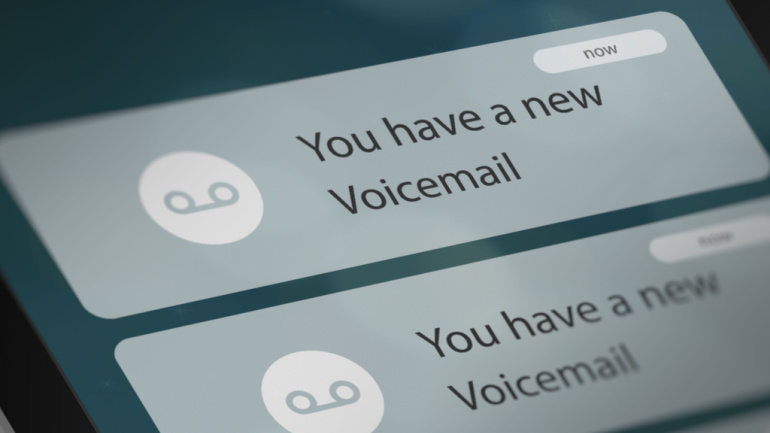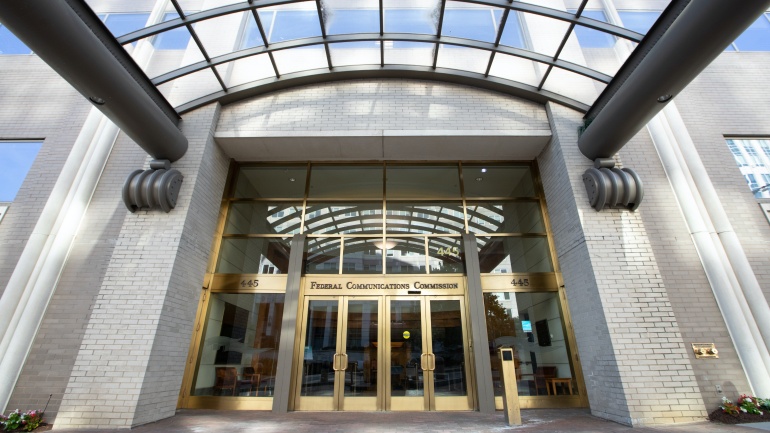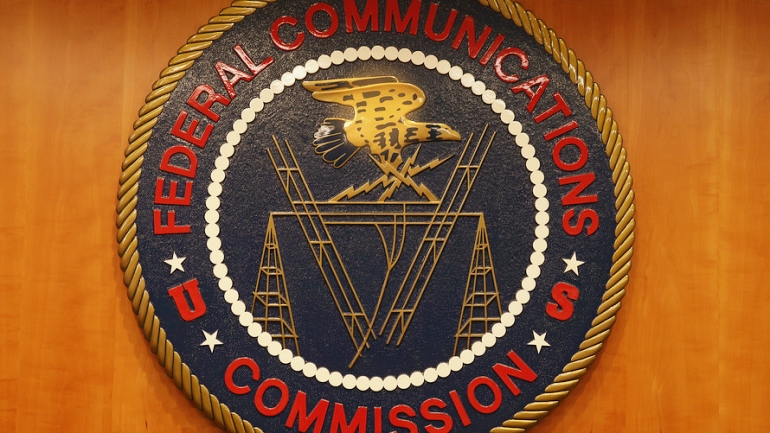President Biden nominates experienced telco lawyer Anna Gomez for FCC Commissioner, promising a fresh start for modern communication and bridging the digital divide, after a prolonged appointment process.
According to the Federal Communications Commission, callers must receive the recipient’s permission before leaving “ringless voicemails.” The Federal Communications Commission (FCC) has unanimously concluded that these quiet voicemails are subject to the same Telephone Consumer Protection Act (TCPA) provisions that prohibit robocalls without authorization. Each year, the FCC receives numerous consumer complaints about ringless voicemail. As a result, the Commission has made it clear that robocalls, including ringless voicemail, are unlawful if they are made without the recipient’s prior affirmative consent. This decision took effect on the same day that it was made public, November 21, 2022. Any non-emergency call made to a wireless telephone number utilizing an automatic telephone dialing system or an artificial or prerecorded voice is now forbidden under the Telephone Consumer Protection Act, which safeguards customers against unwanted robocalls. This decision comes five years after All About the Message, LLC (AATM) petitioned the…
The Federal Communications Commission (FCC) has named Kaspersky Lab, a Moscow-based cybersecurity business and developer of popular antivirus software, as one of the organizations posing an unacceptable danger to US national security. Kaspersky is the first Russian company to be added to the list, which is currently dominated by Chinese telecoms companies. The FCC has now released its most recent list of untrustworthy vendors, which includes, for the first time, a non-Chinese company: Kaspersky. Kaspersky joins Huawei Technologies, ZTE Corporation, Hytera, Hangzhou Hikvision Digital Technology Company, Dahua Technology Company, China Telecom (Americas) and China Mobile International USA on the list. Once a company has been included on the list, it is illegal for that organization to use federal subsidies, which are distributed through the FCC’s $8 billion yearly Universal Service Fund, or to buy any of its products or services. Domestic consumers, with the exception of government employees,…
The Federal Communications Commission got a settlement from four firms in relation to emergency calling standards that were not delivered in 2020. The federal prosecution focused on the four corporations involved in the 911 calls, namely Verizon, AT&T, Intrado, and Lumen Technologies, and their inability to fulfill 911 call delivery commitments. Verizon has agreed to pay $274,000 to settle an inquiry into an outage that occurred on May 7, 2020. The other inquiries were all centered around outages on September 28, 2020. With its $460,000 payment, AT&T will resolve two investigations, while Lumen and Intrado will pay $3.8 million and $1.75 million, respectively. The massive payout demonstrates the corporations’ willingness to accept responsibility for their failure to effectively accommodate emergency calls. Each firm has also promised to put in place a compliance strategy. Within 90 days of the consent decree’s effective date, each carrier must examine and adjust…
The United States Federal Communications Commission (FCC) has announced that it will fund new broadband rollouts across the country through the Rural Digital Opportunity Fund (RDOF). The FCC has announced its readiness to give the green light to more than $311 million in funding for the provision of broadband in 36 states. A total of 48 providers have been authorized for funding, and the FCC has noted that this financing will help nearly 200,000 homes and businesses in 36 states get access to gigabit speeds over the next ten years. Companies on that list include 3E8 Broadband Solutions, 4-County Fiber LLC, Aeneas Communications, Allen’s TV Cable Service Inc., Cincinnati Bell, Consolidated Communications, Cox Communications and more. Additionally, the FCC has issued a statement about its steps to increase oversight in the RDOF program. The Commission has stated that it will not approve of any service provider participating in…
The United States Federal Communications Commission (FCC) has announced that, in reference to the recommendations of the Cloud Communications Alliance (CCA), the Secure Telephone Identity Governance Authority (STI-GA), a group supporting the timely deployment of STIR/SHAKEN protocol, has altered the requirements in their robocall prevention policy. Initially, the STI-GA policy required that only an entity with direct access to telephone numbers could partake in the framework, that must be implemented by all voice service providers. However, the CCA claimed that this specification puts service providers at a significant disadvantage. Therefore, the FCC has announced that the policy change will allow CCA members to take advantage of STIR/SHAKEN through the FCC’s Robocall Mitigation Database. Until then, the current Service Provider Code (SPC access key) access policy will remain in effect, said the FCC. This important reconsideration will allow all CCA members to implement the STIR/SHAKEN protocol and make sure…
Amazon, the multinational technology company, has received the approval from America‘s Federal Communications Commission (FCC) to deploy 3,236 internet satellites into low Earth orbit (LEO) and to provide the US with satellite-based broadband services. The project, named Kuiper, was first announced last spring with the intent to build a LEO satellite constellation that would have the potential to provide cost-effective broadband services to unserved and underserved communities around the world. A project of this magnitude requires a great amount of resources, therefore Amazon will invest more than $10 billion in the project. This investment will not only provide broadband services, but will also create workplaces and infrastructure around the United States. Dave Limp, senior VP at Amazon, commented: “There are still too many places where broadband access is unreliable or where it doesn’t exist at all. Kuiper will change that. Our $10 billion investment will create jobs and…
The Federal Communications Commission (FCC) has announced the adoption of new rules banning malicious caller ID spoofing of text messages and foreign robocalls. The new regulations will allow the US federal government to carry out enforcement action against foreign businesses involved in deliberate spoofing, thus closing “a loophole in the law that prevented the agency from pursuing scammers sending spoofed text messages and international fraudsters making spoofed calls to Americans.” According to the announcement, this resolution is the further implementation of amendments to the Truth in Caller ID Act of 2009 that “prohibits anyone from causing a caller ID service to knowingly transmit misleading or inaccurate caller ID information (“spoofing”) with the intent to defraud, cause harm, or wrongly obtain anything of value.” These rules have been put in place to counteract scammers operating in overseas call centers who often pretend to be calling from reliable companies. They use…
T-Mobile is revolutionizing VoIP communication with its groundbreaking 5G standalone network, achieving uplink speeds of 2.2 Gbps using New Radio Dual Connectivity. By aggregating 2.5 GHz and mmWave spectrum, T-Mobile significantly enhances VoIP performance, catering to demanding applications like live streaming and gaming. This innovation elevates VoIP experiences worldwide.













